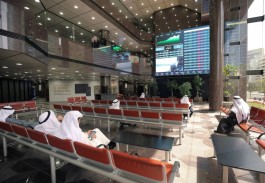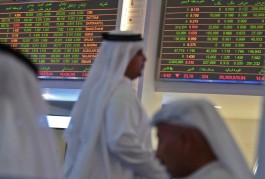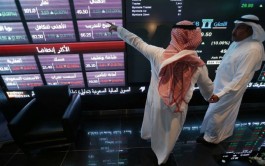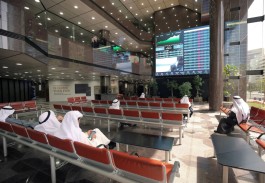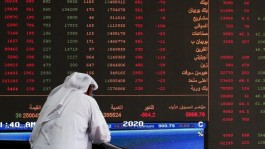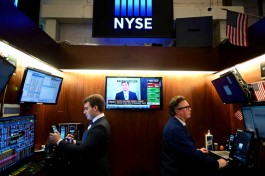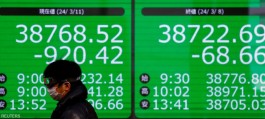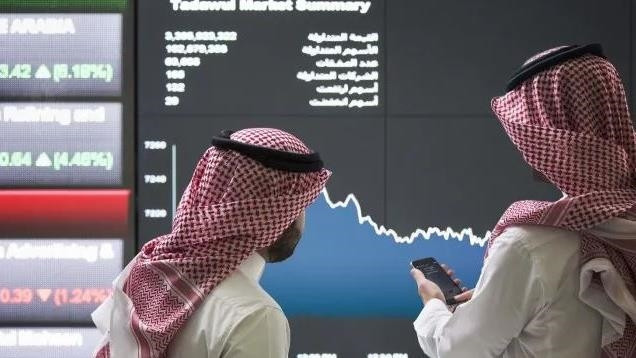In the past five years, global financial markets have been increasingly volatile, fueling traders' fears, hampering their trading decisions, and gradually refraining them from taking unnecessary risks. Recently, starting from 2023, the world of investment has witnessed multiple shocks, which lead to more turmoil in the markets.
However, the outlook for the financial markets in the Gulf is going against the trend to remain positive. The Middle East markets witnessed a great year in 2022, and observers are very optimistic that the year 2023 will achieve equally promising results based on the greater influx of investments and companies moving to the region.
In 2022, the GCC markets accounted for 21 percent of the global subscription volume, compared to only 2 percent in 2021, with expectations that big names will be offered for public subscription this year, following in the footsteps of the largest UAE companies, ADNOC Gas and Al Ansari Exchange, which witnessed Frequently oversubscribed, reflecting the high demand for investments in the region.
Moreover, given the interrelationships between the major players in the Middle East which in turn contribute to easing tension and reducing the possibility of unexpected geopolitical turmoil in the region, some analysts believe that the Middle East markets may continue to perform well in 2023, especially if they are Interest rates are fixed or have begun to decline as long as oil prices do not fall below $60 per barrel.
Although the focus of investors has focused mainly on central banks, led by the US Federal Reserve, waiting to know if interest rates will rise, and if so, what will happen if they continue to increase.
In a related context, the banking crisis surprised everyone, and the focus of observers shifted from expecting higher interest rates to expecting interest rate cuts since the crisis began to show multiplying effects in Europe with the collapse of Credit Suisse, the global banking giant.
However, thanks to the successful intervention of global players to contain the banking crisis, attention has shifted again to central banks and interest rates. However, this did not allay the concerns of traders about the volatility of the markets, especially in the GCC countries that depend heavily on oil as a major source of income.









